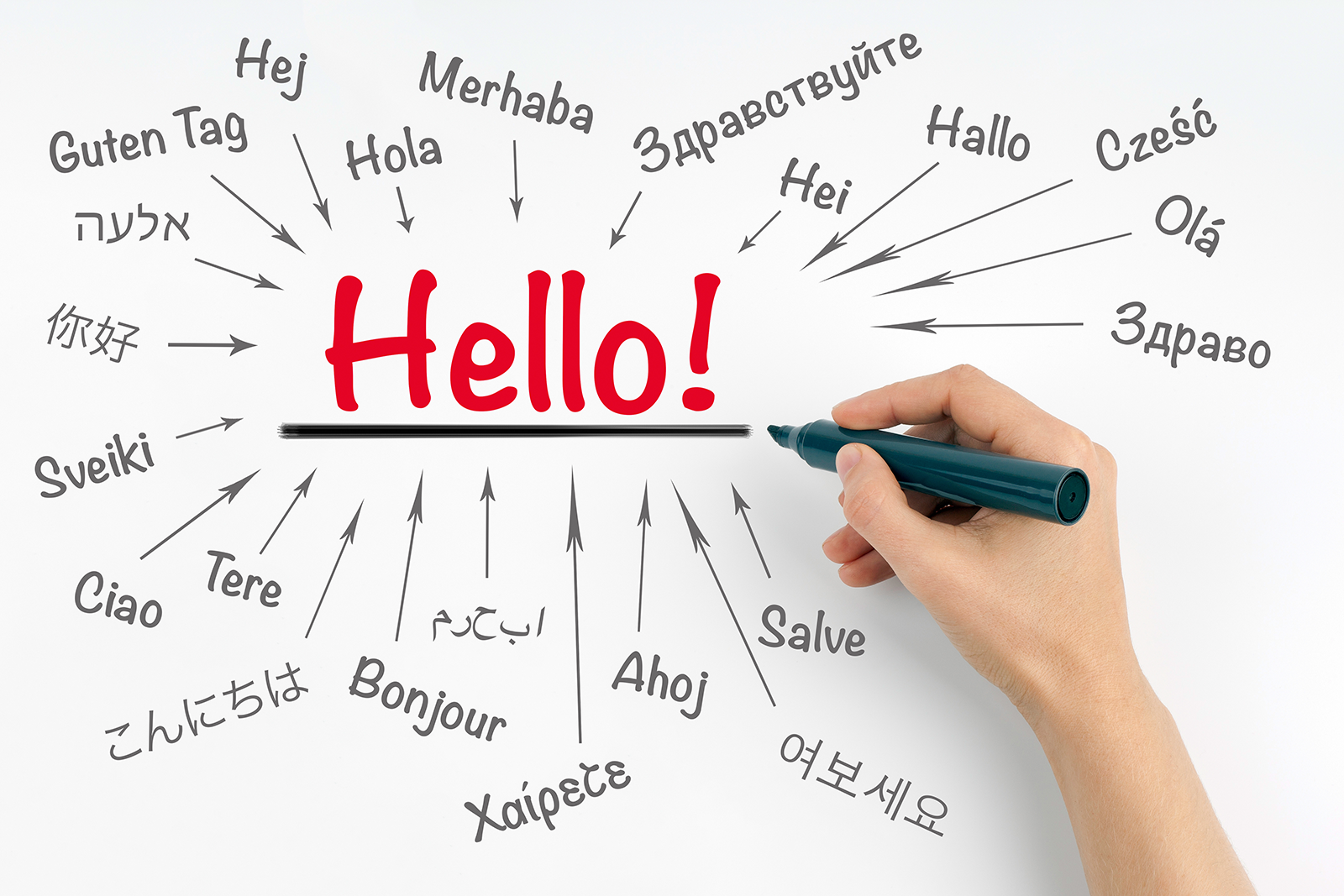
The Future of Online Translation: Development Prospects and Industry Trends
Online translation https://lingvanex.com/translation/english-to-tagalog has come a long way since its inception, transforming the way we communicate and breaking language barriers on a global scale. As technology continues to advance, the future of online translation holds exciting prospects and promises significant improvements in accuracy, efficiency, and cultural understanding. In this article, we will explore the potential development prospects and emerging trends that are shaping the landscape of the online translation industry.
Advancements in Neural Machine Translation (NMT)
Neural Machine Translation (NMT) has been a game-changer in online translation, revolutionizing the way algorithms process language data. As computing power increases and deep learning techniques improve, NMT is expected to become even more sophisticated, providing more accurate and contextually aware translations. This development will significantly enhance the quality of online translation services.
Real-Time Translation Integration
The integration of real-time translation capabilities into various communication platforms is a trend that will continue to gain momentum. Video conferencing apps, messaging platforms, and social media channels are likely to incorporate built-in translation features, enabling seamless multilingual conversations without the need for external translation tools.
Multimodal Translation
Future online translators https://lingvanex.com/translation/english-to-french are expected to embrace multimodal translation, which combines text, images, and audio input to provide comprehensive and contextually accurate translations. By analyzing visual and auditory cues along with written text, online translators will deliver more robust and nuanced translations, further bridging the gap in cross-cultural communication.
Context-Aware Translations
The future of online translation will focus on context-aware translations, where algorithms will take into account not only the surrounding text but also the broader context of the conversation or document. Understanding cultural references, idioms, and domain-specific terminology will enable online translators to produce more relevant and culturally sensitive translations.
Improvements in Rare Language Translation
Online translation is likely to witness significant progress in handling rare and less widely spoken languages. As data resources grow and machine learning algorithms improve, the accuracy and availability of translations for these languages will increase, making online communication more inclusive and accessible to diverse linguistic communities.
Hybrid Human-AI Solutions
A prominent trend in the future of online translation is the emergence of hybrid human-AI solutions. Combining the strengths of machine translation with the expertise and cultural awareness of human translators, these solutions will provide the best of both worlds, offering high-quality translations at scale while maintaining human touch for critical documents and sensitive content.
Enhanced Data Privacy and Security
With the growing concern over data privacy and security, the online translation industry will emphasize implementing robust encryption and privacy measures. Protecting sensitive information during translation processes will be crucial to gaining users’ trust and ensuring compliance with data protection regulations.
The future of online translation holds immense promise, driven by advancements in artificial intelligence, machine learning, and computing power. As neural machine translation continues to evolve, online translators will become increasingly accurate, contextually aware, and culturally sensitive. Real-time integration, multimodal translation, and context-aware algorithms will enhance the efficiency of online communication, fostering global collaboration and understanding. Embracing the potential of hybrid human-AI solutions and ensuring data privacy and security will be paramount in shaping the industry’s trajectory. As we move forward, the online translation landscape will undoubtedly witness transformational innovations, making language barriers a thing of the past and paving the way for a more connected and inclusive global society.
